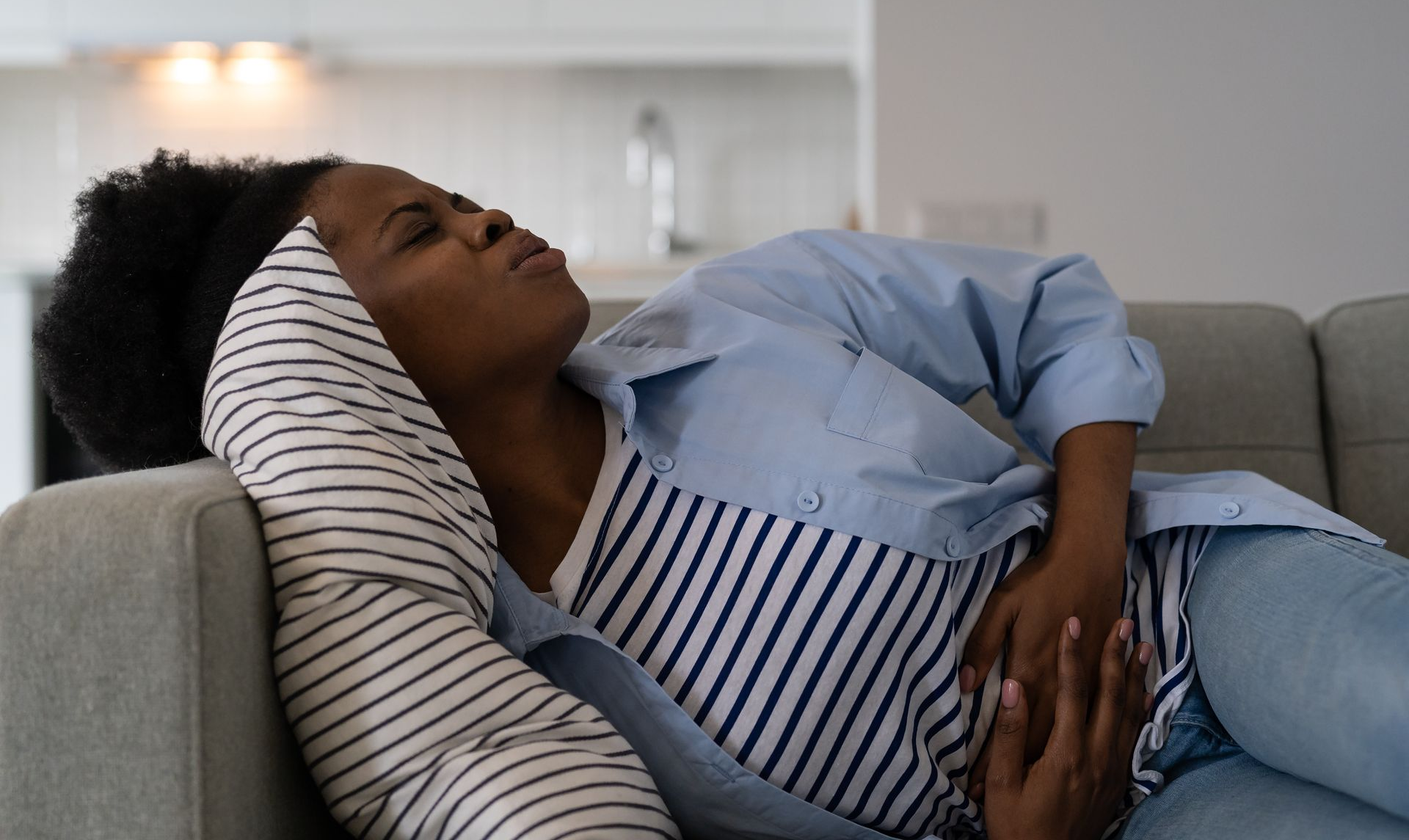How Will HRT Affect My Sex Drive?

Advertisements promoting treatments for erectile dysfunction seem to be everywhere. Yet, low libido (sex drive) is a condition that gets much less attention even though it affects many men—and women. Low testosterone levels (commonly called Low T) can make it difficult to become aroused as aging upsets the delicate balance of hormones, causing men to experience andropause. Treatment at our Baton Rouge-area clinics includes bioidentical hormone replacement therapy.
A reduced sex drive is associated with menopause as well as andropause—which includes several symptoms that men experience as they age. HRT has been shown to improve sex drive when low libido is caused by hormonal imbalance. That’s not the case for everyone, though. Mood swings and stress can also affect someone’s interest in sex or the ability to become aroused.
Male Sex Drive
Testosterone isn’t the only hormone that plays a role for men with sexual dysfunction. Other sex hormones interact with testosterone, and at Rejuvime Medical, our specialists create customized therapies to treat patients. A low sex drive can impact a man’s health in ways other than sexual health, leading to depression, anxiety, and stress. These conditions, in turn, can undermine a man’s overall health. That’s why finding a low libido treatment such as testosterone replacement therapy is important.
Female Sex Drive
Women may experience a wider range of sexual problems than men but also struggle with a low sex drive that’s related to both estrogen and testosterone levels. Several years ago, a large national survey found that sexual activity declined significantly with age. Fewer than half of women ages 57 to 73 said they were sexually active, and those who were had sex less than twice a month, on average. The lack of sexual desire reflected in those results can be a significant issue for women, and the treatment can be complicated. As with men, it’s important to identify the reasons for experiencing a low sex drive that isn’t related to hormone levels, such as medication that a person may be taking.
How Does Hormone Replacement Therapy Help?
Bioidentical hormone replacement therapy (BHRT) for andropause-related Low T begins with a consultation and a comprehensive blood analysis so we can ensure that BHRT is an appropriate treatment. Once that’s been determined, we’ll create a customized treatment plan based on the results of the blood tests.
When men and women begin hormone replacement therapy, they typically begin noticing a renewed sex drive after about 3 to 4 months. Treatment doses can be recalibrated for patients using injectable hormones, depending on the results of new blood analysis.
Mood swings, low energy levels, brain fog, loss of stamina, and other symptoms of hormonal imbalance can be frustrating. If you’re concerned about low libido or other age-related hormonal symptoms, you can contact Rejuvime Medical using the online form or call us at one of our locations to schedule an appointment. Call (225) 960-1580 (Baton Rouge) or (504) 252-9579 (Metairie).
Get in Touch
Questions? Contact us today by phone or book an appointment online.
Questions? Call our office:
(225) 228-3128





